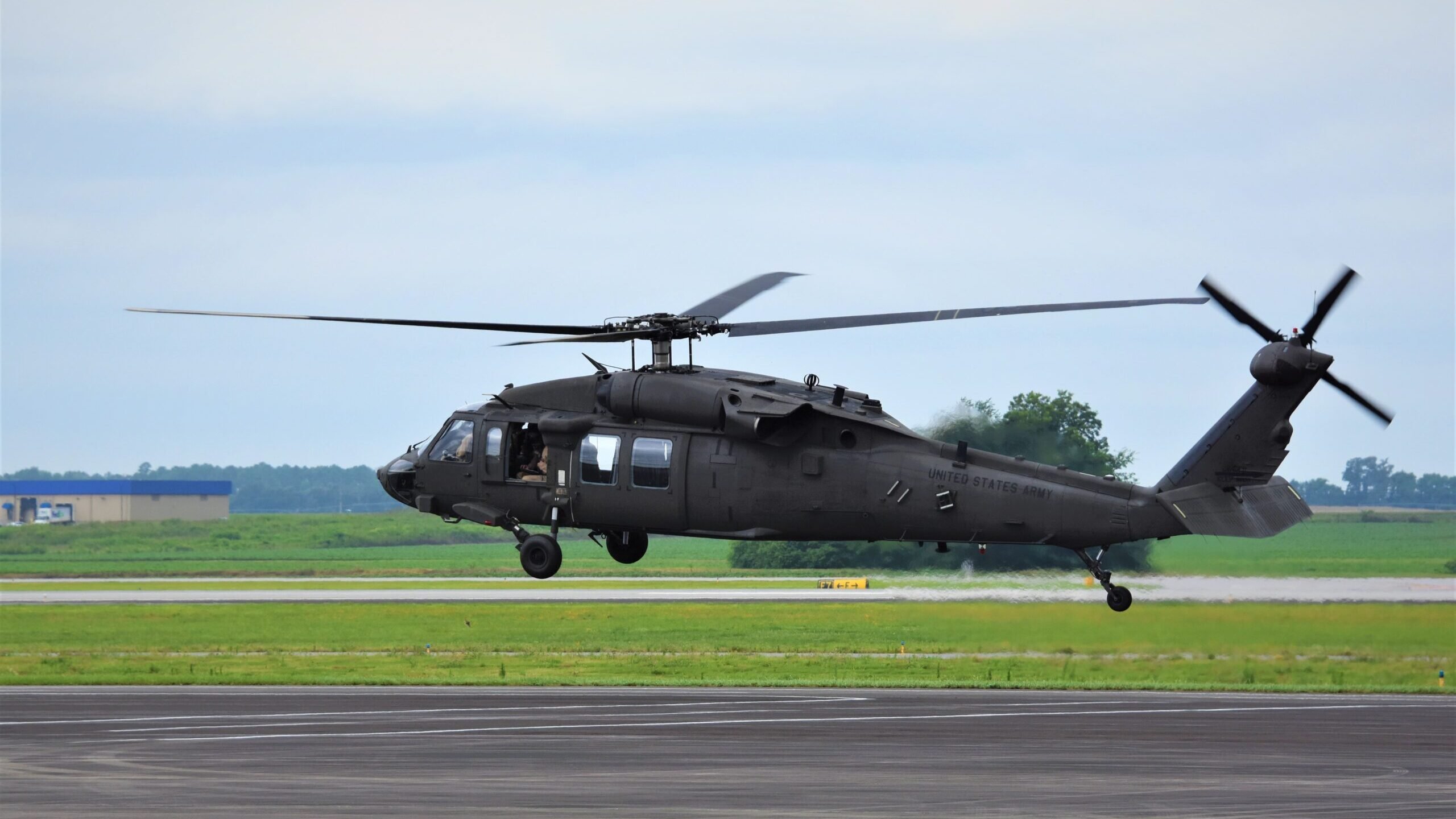UH 60 Black Hawk Helicopter Versions and Their Uses
UH 60 Black Hawk Helicopter Versions and Their Uses
Blog Article
The Impact of Lasting Practices on the Future of Aircraft Procedures and Emissions Decrease
As the aeronautics industry faces boosting analysis over its ecological impact, the adoption of sustainable techniques becomes an important pathway towards future aircraft operations and exhausts reduction. Developments in lasting aviation gas and innovations in crossbreed propulsion technologies stand at the forefront of this change, promising considerable reductions in greenhouse gas emissions. Nevertheless, the successful integration of these campaigns rests on a range of factors, including governing frameworks and industry collaboration. The inquiry continues to be: how will these advancing practices reshape the characteristics of air traveling and contribute to an extra sustainable future?

Review of Lasting Practices
Sustainable techniques in airplane operations encompass a variety of techniques intended at lowering environmental impact while keeping operational performance. These practices are crucial in the aviation market's commitment to lessening its carbon footprint and sticking to international ecological requirements. Key campaigns include enhancing trip courses to lower fuel intake, enhancing maintenance methods to guarantee airplane run at peak performance, and applying innovative technologies such as winglets and lightweight materials that boost the rules of aerodynamics.

Engaging and educating staff on sustainability techniques additionally play a vital function, cultivating a culture of ecological duty within companies. Generally, the integration of these sustainable practices not just assists reduce exhausts but additionally enhances the lasting practicality of the aeronautics sector, guaranteeing it meets the needs of both customers and governing bodies while adding to worldwide sustainability objectives.
Innovative Gas Alternatives
Various ingenious gas options are arising as essential options to minimize the aeronautics industry's dependence on typical nonrenewable fuel sources. Amongst these options, Lasting Aviation Fuels (SAFs) have actually gained significant focus because of their possible to lower lifecycle greenhouse gas exhausts by approximately 80% compared to traditional jet gas. SAFs are originated from different feedstocks, consisting of waste oils, farming deposits, and even algae, making them a flexible choice for the market.
One more appealing choice is hydrogen fuel, which, when used in gas cells, generates only water vapor as a result. This zero-emission prospective presents a significant opportunity for decarbonizing trip procedures, especially for short-haul trips and local aircraft. Additionally, electrical propulsion systems are being discovered, leveraging battery modern technology to power airplane. While existing battery capacity restrictions array and haul, ongoing improvements may soon make electrical trips sensible for particular applications - uh 60.
Last but not least, biofuels originated from biomass are being investigated, offering a renewable alternative that can be combined with typical gas. Jointly, these ingenious fuel choices stand for a crucial step towards accomplishing a lasting air travel ecosystem, straightening with global exhausts reduction targets and enhancing the industry's ecological stewardship.
Technological Improvements in Aviation

Just how can technological developments reshape the future of air travel? The integration of sophisticated innovations is crucial in changing aircraft procedures, additional hints improving efficiency, and lowering discharges. Developments such as hybrid and electrical propulsion systems go to the forefront, promising significant reductions in gas consumption and greenhouse gas discharges. These systems take advantage of developments in battery modern technology and energy administration, allowing airplane to operate with a lower ecological impact.
Additionally, the implementation of innovative products, such as light-weight compounds, contributes to improved aerodynamics and gas efficiency. The usage of expert system and artificial intelligence in trip operations optimizes route preparation and reduces fuel melt by enabling real-time changes based on weather condition and website traffic conditions. Furthermore, the growth of independent and from another location piloted aircraft systems stands to revolutionize freight and traveler transportation, possibly enhancing efficiency while minimizing human mistake.
Furthermore, sustainable air travel technologies, including innovative air web traffic administration systems, can decrease and enhance procedures blockage, causing reduced exhausts throughout trip. These innovations collectively represent a paradigm change in aeronautics, guaranteeing a future where sustainability and functional performance are linked, therefore supporting the market's commitment to reducing its environmental effect.

Governing Framework and Compliance
In light of the growing focus on ecological stewardship within the aeronautics sector, the regulatory structure governing aircraft operations is developing to advertise sustainable methods. Governing bodies, such as the International Civil Aeronautics Organization (ICAO) and numerous national aeronautics authorities, are presenting rigid standards targeted at minimizing discharges and improving operational efficiency.
These guidelines frequently consist of the fostering of Sustainable Aviation Gas (SAF), which has been identified as a vital element in attaining lower carbon impacts. Conformity with these laws requires airline companies to execute functional practices and sophisticated modern technologies, such as optimized trip paths and enhanced air website traffic administration, to reduce gas usage.
Additionally, the enforcement of exhausts trading plans and carbon countering initiatives is coming to be progressively common, compelling airlines to monitor and report their exhausts accurately. Non-compliance can lead to substantial penalties, therefore pressing operators to focus on sustainability in their business versions.
Inevitably, the evolving governing landscape not only drives technology and Full Report investment in environment-friendly technologies but likewise promotes a culture of responsibility within the aeronautics market. As these frameworks continue to develop, the concentrate on sustainable methods will be important to achieving the sector's long-term ecological goals.
Future Patterns in Airplane Procedures
As the aviation industry adapts to an increasingly rigid governing setting, future fads in airplane operations are established to concentrate on cutting-edge remedies that additionally improve sustainability and effectiveness - uh 60. Key advancements will likely include the fostering of innovative air web traffic administration systems, which utilize real-time data and artificial intelligence to enhance flight courses, lowering gas usage and discharges
An additional substantial fad is the raised assimilation of lasting aeronautics fuels (SAFs) These choices to conventional jet fuel, stemmed from eco-friendly resources, can significantly reduce lifecycle greenhouse gas exhausts. The sector's commitment to SAFs will likely accelerate as airlines collaborate with gas producers to make sure accessibility and cost-effectiveness.
Additionally, the push in the direction of electrification and hybrid propulsion systems is getting momentum. Emerging aircraft styles will certainly include these innovations, offering quieter and much more reliable procedures, specifically for short-haul flights.
Final Thought
The adoption of lasting aeronautics gas, paired with improvements in hybrid and electric propulsion systems, is crucial for decreasing lifecycle greenhouse gas emissions. Optimizing flight courses and embracing ingenious modern technologies add to a quieter and much more environmentally pleasant aviation sector.
Innovations in sustainable aeronautics fuels and improvements in hybrid propulsion modern technologies stand at the forefront of this improvement, encouraging considerable reductions in greenhouse gas emissions.Countless cutting-edge fuel alternatives are emerging as crucial solutions to decrease the air travel great post to read sector's dependence on typical fossil fuels - uh 60. Amongst these choices, Sustainable Aviation Gas (SAFs) have actually gotten considerable attention due to their possible to lower lifecycle greenhouse gas discharges by up to 80% contrasted to standard jet gas.Another considerable trend is the boosted assimilation of sustainable air travel fuels (SAFs) The fostering of sustainable aeronautics fuels, combined with advancements in electrical and hybrid propulsion systems, is essential for reducing lifecycle greenhouse gas emissions
Report this page